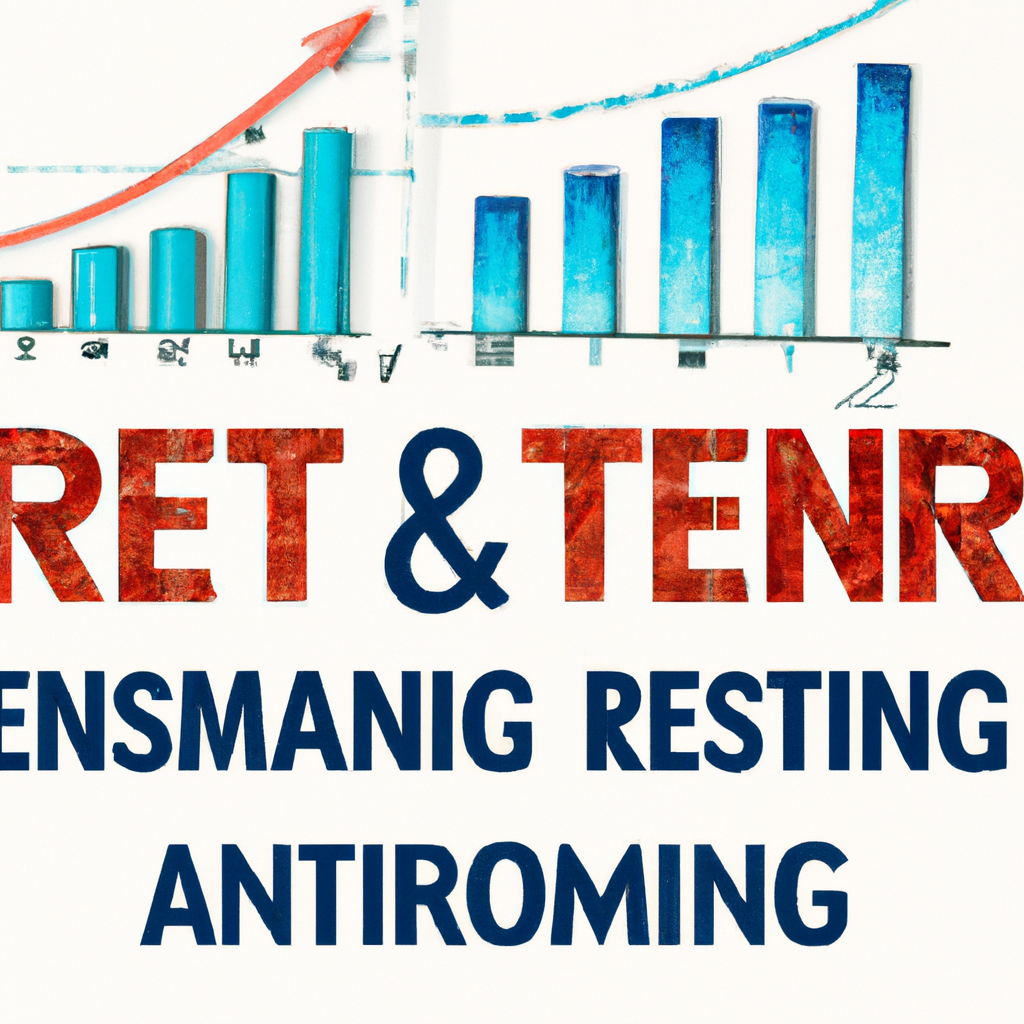Real Estate Investment Trust (REIT) Trends
Introduction
Real estate investment trusts (REITs) have become increasingly popular in recent years as a way for individuals to invest in the real estate market without having to directly purchase properties. REITs offer investors the opportunity to own shares in a professionally managed portfolio of real estate assets, providing them with regular income and potential capital appreciation. In this article, we will explore some of the latest trends in the world of REITs.
1. Expansion into Non-Traditional Asset Classes
Traditionally, REITs have focused on investing in commercial properties such as office buildings, shopping centers, and apartment complexes. However, in recent years, there has been a growing trend of REITs expanding into non-traditional asset classes. This includes investing in data centers, healthcare facilities, self-storage units, and even cell towers. These alternative asset classes offer the potential for higher returns and diversification, attracting both investors and REITs looking to expand their portfolios.
2. Green and Sustainable Investments
With the increasing emphasis on sustainability and environmental responsibility, many REITs are incorporating green and sustainable investments into their portfolios. This includes investing in energy-efficient buildings, renewable energy projects, and properties with LEED (Leadership in Energy and Environmental Design) certifications. Investors are increasingly drawn to REITs that prioritize sustainability, as it aligns with their own values and can contribute to long-term financial stability.
3. Technology and Innovation
Technology is disrupting almost every industry, and real estate is no exception. REITs are leveraging technology and innovation to enhance their operations and improve the overall investor experience. For example, some REITs are using artificial intelligence (AI) and machine learning algorithms to analyze market data and make data-driven investment decisions. Additionally, technology is being utilized to streamline property management, improve tenant experiences, and enhance the efficiency of property operations.
4. International Expansion
As the global economy becomes increasingly interconnected, many REITs are expanding their investment strategies beyond domestic markets. International expansion allows REITs to diversify their portfolios geographically and tap into growing real estate markets around the world. This trend is particularly evident in regions such as Asia-Pacific, where there is a significant demand for real estate investment opportunities. Investors can now access REITs that provide exposure to international markets, allowing them to diversify their real estate holdings and potentially benefit from higher growth rates.
5. ESG (Environmental, Social, and Governance) Integration
ESG integration has gained traction across various investment sectors, and REITs are no exception. Investors are increasingly considering environmental, social, and governance factors when making investment decisions. REITs that prioritize ESG principles and incorporate them into their investment strategies are likely to attract socially conscious investors. This includes investing in properties with low carbon footprints, promoting social responsibility through community engagement, and maintaining strong governance practices.
Conclusion
The world of REITs is constantly evolving, and staying up to date with the latest trends can be crucial for investors. From expanding into non-traditional asset classes to embracing sustainability and technology, REITs are adapting to meet the changing demands of investors and the real estate market. By understanding these trends, investors can make informed decisions and potentially benefit from the opportunities presented by REITs.

